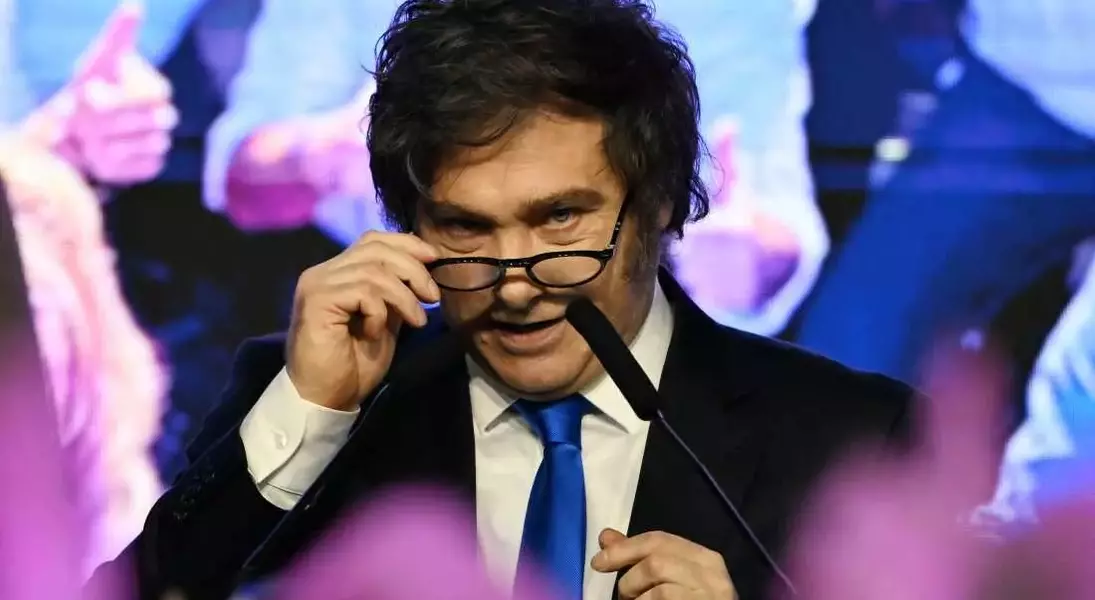
Argentina's political landscape has shifted significantly following President Javier Milei's decisive victory in the midterm elections. This win, securing more than 40% of the popular vote, has undeniably strengthened his influence within the National Congress, providing a powerful mandate for his ambitious and often controversial economic reform program. The outcome was a clear endorsement from a substantial portion of the populace, reinforcing his ability to navigate legislative challenges and pursue a path of fiscal austerity and structural change. This political advancement suggests a new chapter for Argentina, where Milei's libertarian vision is set to be implemented with renewed vigor.
The electoral triumph has also been interpreted as a vote of confidence in Milei's radical economic strategies. Despite widespread austerity measures that have led to significant public spending cuts and an initial period of economic instability, voters demonstrated continued support for his agenda. This unexpected victory empowers him to push forward with his stated goals of reducing inflation, stimulating economic growth, and alleviating poverty through deep restructuring. The implications for Argentina's future economic direction are substantial, with a strengthened presidency now better equipped to overcome legislative opposition and implement its core policies.
Milei's Electoral Success and Expanded Political Influence
President Javier Milei of Argentina recently celebrated a pivotal midterm election win, securing a robust mandate that significantly enhances his political standing. With more than 40% of the popular vote, his party, La Libertad Avanza, outperformed expectations, gaining considerable ground in the National Congress. This victory is critical as it provides the necessary leverage for Milei to advance his contentious libertarian economic policies. The outcome defied earlier predictions and demonstrates a solid backing for his administration's approach to tackling Argentina's long-standing economic challenges.
The President's enhanced political power is expected to facilitate the implementation of his ambitious economic reforms. Previously constrained by a weaker legislative presence, Milei's administration now has a stronger position to push through measures aimed at reducing public spending and combating inflation. The market's positive reaction, evidenced by the strengthening of the Argentine peso, reflects a renewed confidence in the country's economic stability under his leadership. This shift in the political balance empowers Milei to pursue his vision for Argentina's economic future with greater authority and less legislative resistance.
The Trajectory of Argentina's Economic Reforms
The recent midterm elections have provided President Milei with a crucial mandate to accelerate his economic reform agenda, which centers on profound structural changes and austerity. Despite the initial hardships caused by deep spending cuts, a significant portion of the electorate has endorsed his vision for a smaller government and a more liberalized economy. This public backing enables his administration to confidently pursue policies aimed at stabilizing the peso, curbing chronic inflation, and fostering sustainable economic growth, indicating a determined path forward for Argentina's financial future.
Milei's strengthened position in Congress means that previously stalled legislative efforts, particularly regarding labor and tax reforms, are now more likely to pass. The addition of new seats for La Libertad Avanza and allied conservative factions gives him greater control over the legislative process, reducing the risk of presidential vetoes being overturned. This newfound political capital is pivotal for realizing his long-term objectives of deep restructuring, which he believes are essential to overcoming Argentina's economic woes and achieving national prosperity. The commitment to these reforms, even amidst ongoing public debate, underscores a resolute pursuit of a transformed economic model.
